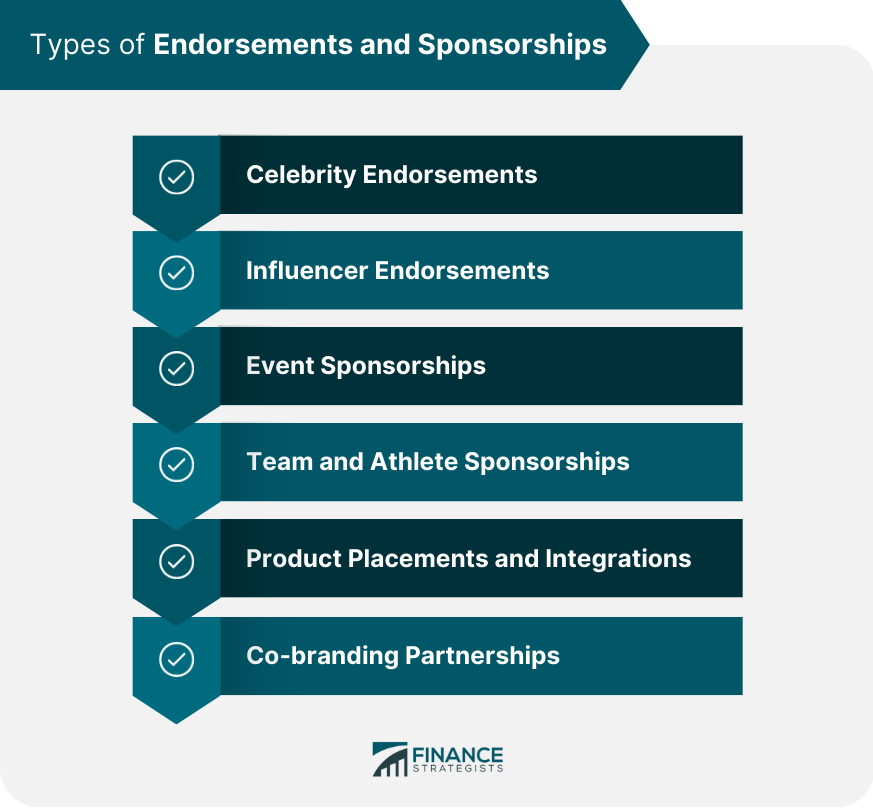
In the high-stakes world of celebrity endorsements and entertainment contracts, a star’s public image is their most valuable asset – and a brand’s greatest vulnerability. The power of a celebrity to elevate a product or project is undeniable, but so too is the potential for their personal conduct to trigger a public relations nightmare, threatening millions in investment and hard-earned goodwill. This inherent risk has given rise to sophisticated contractual provisions designed to protect companies from the unpredictable nature of fame.
For decades, the “morality clause” has served as the entertainment industry’s primary defense, allowing studios and brands to sever ties when a celebrity’s actions clash with societal standards or corporate values. More recently, as societal understanding evolves, a new frontier in contract law is emerging: the “mental health clause,” which seeks to balance corporate risk management with the well-being of high-profile talent. Understanding these complex clauses is not just for legal experts; it’s key to comprehending the intricate dynamics that govern the relationships between stars and the entities that back them.
This article will delve into the essential mechanisms that protect businesses from the fallout of celebrity missteps, whether they stem from moral turpitude or mental health challenges. We will dissect what these clauses entail, explore their historical roots, examine how they are enforced in the real world through compelling case studies, and shed light on the evolving legal landscape that continues to shape celebrity responsibility and corporate protection in an always-online era.

1. **The Foundation: What Are Morality Clauses?**A morality clause, often simply called a “morals clause,” is a crucial provision embedded within entertainment or endorsement contracts. Its fundamental purpose is to grant an employer the unilateral right to terminate or penalize a celebrity if their off-screen behavior is deemed reprehensible. This contractual safeguard is designed to protect the employer’s reputation and image, which can be severely damaged by association if the celebrity’s conduct falls short of public expectations.
These clauses have become standard in agreements across various public figures, including actors, athletes, and influencers. They act as a critical “damage control tool,” providing a clear mechanism for companies to disassociate themselves from an endorser whose personal conduct suddenly clashes with the brand’s established values or is perceived as immoral by the public. Essentially, it serves as a “just-in-case” caveat, anticipating and mitigating the financial and reputational risks associated with a celebrity’s potential missteps.
Beyond mere protection, morality clauses also function as a potent warning to celebrities themselves. Knowing that a lucrative deal could evaporate overnight due to questionable behavior can exert significant pressure on public figures to uphold a certain standard of conduct. This acts as a deterrent, encouraging celebrities to maintain an image consistent with the values they are paid to represent, thereby safeguarding the substantial investments companies make in linking their brands with star power.

2. **A Look Back: The Historical Genesis of Morality Clauses**The concept of morality clauses is far from new, tracing its origins back to the nascent days of Hollywood in the 1920s. Their widespread adoption was directly spurred by a seminal scandal involving silent film comedian Roscoe “Fatty” Arbuckle. Arbuckle, a major star, had signed an unprecedented three-year, three-million-dollar contract with a film studio, only for his career to be upended by murder charges that alarmed the entire industry.
Though Arbuckle was ultimately acquitted at trial, the fear of reputational damage was so profound that movie studios across the board began inserting broad “protective clauses” into all talent contracts. This historical event cemented the morality clause as an indispensable tool for entertainment companies. It allowed them to guard against the considerable risk of an endorser’s private misdeeds affecting their public image and, by extension, the commercial viability of their projects and products.
These clauses have evolved over the decades, enduring through various social shifts. They were even leveraged during the McCarthy Era as a means of political retribution. As social norms loosened in the 1960s and 70s, and media exposure expanded, so did the opportunities for stars to earn significant income from brand endorsements. Alongside this growth, morality clauses continued to be a crucial, albeit often heavily negotiated, component of these agreements, continuously adapting to new forms of celebrity and public scrutiny.
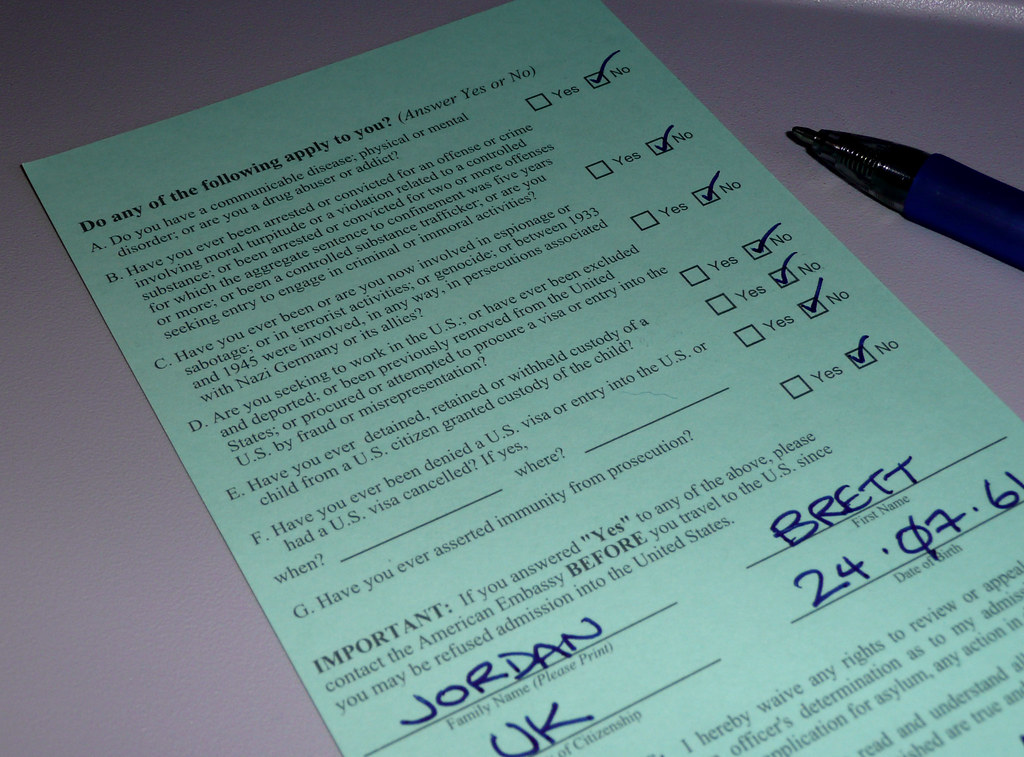
3. **The Ambiguity Challenge: Defining “Moral Turpitude”**One of the most persistent challenges surrounding morality clauses lies in the inherently vague and broad language often used to describe prohibited conduct. Terms such as “‘moral turpitude’, ‘scandalous behaviour’, ‘offending public morals’ or ‘public disrepute’” are frequently found in these contracts. While this deliberate ambiguity offers flexibility to brands, it simultaneously opens a “classic grey area” that can lead to significant disputes.
The question “what exactly is moral turpitude?” remains central to these debates. Black’s Law Dictionary provides a legal definition: conduct that is vile, depraved, or contrary to accepted societal standards. However, in the context of endorsement contracts, this interpretation can become highly subjective. A range of actions, from serious criminal charges to an offensive public comment, could arguably qualify, depending entirely on how a specific clause is drafted and subsequently interpreted by either party or a court.
This subjectivity creates a delicate balancing act. Companies desire broad clauses to protect against unforeseen incidents that could harm their brand, while celebrities seek narrower definitions to limit potential career-ending repercussions for minor transgressions. The ongoing tension between these two perspectives highlights why precise language and clear expectations are paramount when crafting these provisions, aiming to minimize the expensive and time-consuming litigation that can arise from ambiguous terms.

4. **Legal Battlegrounds: Enforceability and Contractual Nuances**The enforceability of morality clauses primarily hinges on established contract law principles. In jurisdictions like India, where no specific statute defines a moral clause, their validity rests on mutual agreement between parties and adherence to public policy. A clause is generally considered valid if both parties consent to it and it doesn’t violate broader legal principles. However, the scope of what behavior falls within its net remains a subject of intense legal scrutiny.
The wording of a clause is critical to its enforceability. A narrowly-worded provision might only permit termination upon a felony conviction, whereas a broadly-worded one could allow action for anything that, in the company’s subjective opinion, causes public disrepute. The significant impact of this distinction was underscored in the case of NBA star Chris Webber against FILA. His contract allowed termination only upon conviction, yet FILA fired him after an arrest for marijuana possession.
Webber successfully sued for wrongful termination because no conviction had occurred, illustrating the crucial role of precise language. This case prompted brands to become far more meticulous and expansive in drafting these clauses, often including specific mentions of “arrest” or “drug-related conduct.” Conversely, celebrities with significant bargaining power, such as a top-tier athlete like Tiger Woods at the peak of his career, might negotiate highly “forgiving” clauses, perhaps triggered only by a felony conviction, contrasting sharply with the broad clauses faced by less influential figures.

5. **When Actions Speak Louder: Will Smith’s Oscars Slap Fallout**The global entertainment community watched in disbelief in March 2022 as actor Will Smith slapped comedian Chris Rock on the Oscars stage. This incident, though not legally classified as a crime, immediately went viral, generating immense public discussion and having swift, profound repercussions for Smith’s career and endorsements. It served as a stark, high-profile demonstration of a morality clause scenario playing out in real-time.
In the immediate aftermath, major projects with Netflix and Sony were paused, and Smith himself resigned from the Academy, receiving a 10-year ban from the Oscars. His previously wholesome image suffered a significant blow, and brands reportedly “vanished” as they rapidly re-evaluated their association with the actor. The incident, which Smith later termed “shocking, painful, and inexcusable,” led to immediate damage to his reputation, perfectly illustrating the kind of situation a morality clause is designed to address.
This real-world example demonstrates how quickly public perception can shift in the social media age, and how a singular, highly visible act can trigger the spirit, if not the direct invocation, of morality clauses. Even without a formal conviction or a direct contractual termination being publicly announced, the massive reputational damage forced brands to distance themselves, underscoring the clause’s preventative and protective function for companies relying on a celebrity’s public persona.
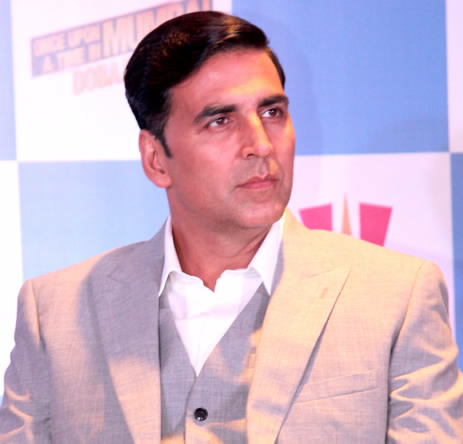
6. **Public Outcry: Akshay Kumar and the Pan Masala Backlash**Another vivid illustration of how public sentiment can trigger the essence of a morality clause comes from India, involving Bollywood actor Akshay Kumar. In 2022, Kumar, known for his health-conscious image, surprisingly appeared in an advertisement for Vimal Elaichi, a brand often associated with tobacco-based pan masala. This decision provoked intense public criticism and backlash, as it directly contradicted his long-standing public persona.
The actor faced widespread condemnation for promoting a product perceived as harmful, leading to immediate and significant damage to his public image. The outrage was so strong that Kumar publicly apologized at midnight, announcing his decision to “step back” as the brand ambassador and pledging to donate his endorsement fee to a worthy cause. This preemptive exit, while framed as a personal decision, clearly reflected the immediate consequences of public moral outrage on an endorsement deal.
Whether a formal morality clause was explicitly invoked by the brand is less significant than the clear demonstration that the association had become damaging. The severe public reaction made it untenable for Kumar to continue his endorsement, effectively leading to its termination in spirit, if not via direct contractual enforcement. This case highlights how quickly a celebrity’s actions, even in a commercial context, can clash with public expectations and necessitate a rapid disassociation from brands.

7. **The Two Sides of Loyalty: Johnny Depp’s Endorsement Saga**Few cases reveal the varied application and interpretation of morality clauses as starkly as Johnny Depp’s tumultuous journey through domestic abuse allegations involving his ex-wife, Amber Heard. For many companies, associating with Depp became an unacceptable risk, leading to rapid contractual re-evaluations and terminations. Warner Bros, for instance, removed him from the *Fantastic Beasts* film franchise, while Disney reportedly shelved future *Pirates of the Caribbean* installments.
These actions by studios were, in essence, brands invoking morality clauses, opting to distance themselves from an actor who was accused of serious wrongdoing. It is noteworthy that Depp was never criminally charged; however, the persistent allegations and the ensuing negative media coverage were deemed sufficient to trigger these clauses. The perception of misconduct, regardless of legal conviction, proved to be a powerful factor in these companies’ decisions to protect their brand image.
In a striking contrast, the French luxury house Dior maintained its loyalty, retaining Depp as the face of its Sauvage fragrance throughout the entire controversy. This steadfast support not only fueled public debate but also surprisingly coincided with a surge in sales for the fragrance. Following Depp’s victory in his 2023 defamation lawsuit, Dior renewed his contract in a significant deal. This divergence in brand strategy—some enforcing morality clauses while others effectively implemented a “forgiveness clause”—underscores that there’s no singular approach, depending on brand values, public sentiment, and market strategy. It also suggests that brands that drop a celebrity prematurely might miss out on a lucrative partnership revival if the star eventually clears their name.

8. **Challenging Morality Clauses: Celebrity Recourse**When a celebrity faces termination from an endorsement deal due to a morality clause, the immediate assumption might be that they have no recourse, given the contractual agreement. However, if a company invokes a morals clause when the specified conditions for termination have not actually been met, this can legally amount to a breach of contract. A compelling precedent for this scenario is the case of NBA star Chris Webber against FILA, where Webber successfully sued for wrongful termination because his contract permitted termination only upon conviction, not merely an arrest for marijuana possession.
Another significant avenue for celebrities to challenge such clauses arises when the contractual language itself is deemed too vague or overly broad. In many jurisdictions, including India, where no specific statute defines a moral clause, their validity hinges on general contract law principles. While courts typically respect the freedom of contract between parties, a clause that is uncertain, lacks objective standards, or is deemed to be against public policy can be struck down.
Under the Indian Contract Act, for instance, an “unfettered discretionary clause” might be regarded as unconscionable, especially if it grants a company subjective power without reasonable limits. Should such a case reach an Indian court, it would likely interpret the reasonableness of the clause, upholding contracts that impose conditional restraints on trade or employment only to a limited and reasonable extent. This means that while clauses outlining categories of bad conduct like criminal acts or hate speech often provide objective standards, their interpretation remains critical.
Thus, the ability for a celebrity to fight back hinges on the precise wording of their contract and whether the company’s actions truly align with the agreed-upon terms. This ongoing tension between a company’s need for protection and a celebrity’s right to fair treatment underscores the importance of meticulously drafted and negotiated contractual provisions that leave minimal room for ambiguity, safeguarding both parties from potentially costly disputes.
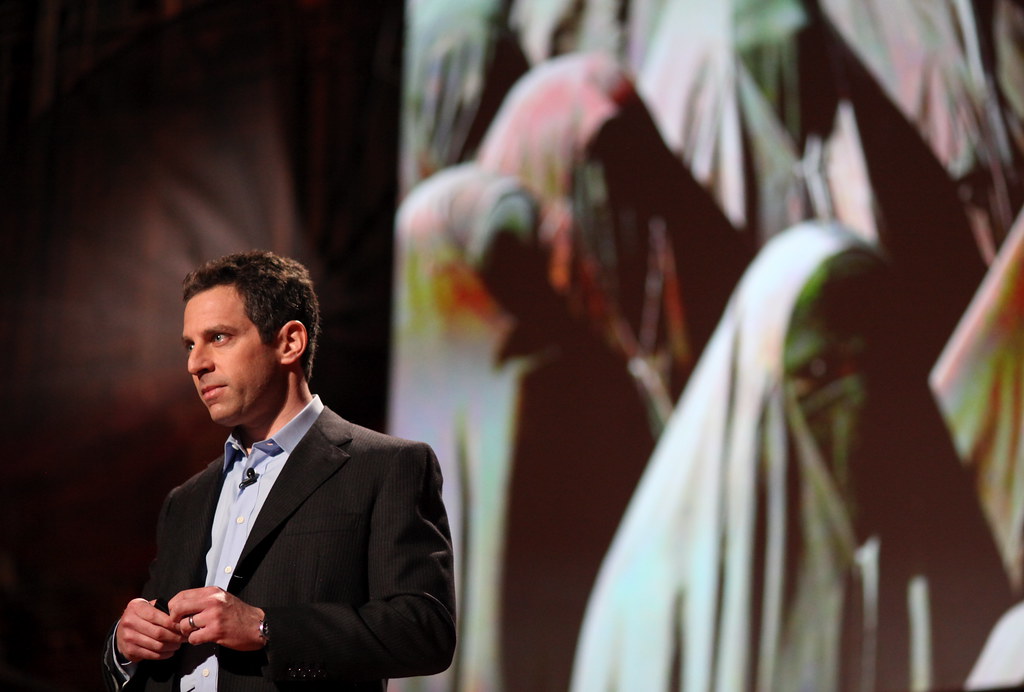
9. **The Rise of Reverse-Morality Clauses**In the evolving landscape of celebrity endorsements, the power dynamic is not always one-sided. While morality clauses traditionally protect companies from celebrity missteps, a new trend is emerging: the “reverse-morality clause.” This innovative provision allows a celebrity to terminate their association with a brand if the brand itself falls into disrepute due to scandals, unethical practices, or corporate misconduct, thereby protecting the celebrity’s own image from being tarnished by association.
This type of clause directly addresses the imbalance often inherent in traditional contracts, posing the question: why should only the celebrity’s behavior be scrutinized? What if a brand’s actions, such as involvement in a corporate fraud or an ethical scandal, directly harm a celebrity’s carefully cultivated public persona? The principle behind reverse-morality clauses is that reputation is a two-way street, and both parties in an endorsement deal have a mutual interest in maintaining a positive public image.
A notable real-world instance of a reverse-morality clause in action involved actress Priyanka Chopra. She wisely inserted a clause into her contract with jeweler Nirav Modi, enabling her to terminate the agreement if his company encountered significant trouble. When the fraud scandal surrounding Nirav Modi broke in 2018, Chopra swiftly exercised this contractual right, effectively ending her endorsement and protecting her image from the fallout. This proactive measure highlighted the value of such provisions.
While reverse-morality clauses are not yet commonplace and typically require significant bargaining power, often wielded by top-tier talent, they represent a crucial shift in contract negotiations. They reflect a growing recognition that in an interconnected world, a celebrity’s image can be just as vulnerable to the actions of a brand as a brand’s image is to the conduct of its celebrity endorser. This trend signifies a move towards more equitable and comprehensive risk management strategies within the entertainment industry.
Read more about: Hollywood’s Hidden Hazards: Unpacking the 15 Most Toxic Clauses in Multi-Picture Deals for A-List Talent

10. **Intellectual Property Implications Post-Termination**Beyond the immediate contractual termination, the ending of an endorsement deal triggers a complex array of intellectual property (IP) questions. At the heart of any endorsement is the license granted to a company to use a celebrity’s identity—encompassing their name, image, voice, and likeness—in connection with its products or services. When that contract is severed, this license is revoked, initiating a critical “IP divorce” that requires careful navigation from both sides.
Upon termination, the brand is legally obligated to cease all use of the celebrity’s likeness. Any continued use could lead to a claim for misappropriation of personality, which constitutes an IP infringement. While India, for example, does not have a specific statute on personality rights, its courts have consistently recognized a celebrity’s inherent right to control the commercial use of their identity. This right is often upheld under broader legal frameworks such as privacy, publicity, or trademark law, providing a strong basis for legal action against unauthorized usage.
Continued use of a star’s images or associated branding post-termination can create significant problems beyond just legal claims. It could mislead consumers into believing the endorsement is still active, potentially causing confusion in the marketplace. Furthermore, if the celebrity’s association has become negative due to the circumstances of the termination, persistent use of their image could inadvertently lead to brand dilution or further damage the brand’s perception by consumers.
The implications extend to brand and trademark elements as well. If a celebrity’s name, catchphrase, or even a specific design they co-created is intrinsically tied to a product—think of a “Celebrity XYZ edition” product—the company may be compelled to discontinue or rebrand that product entirely to avoid infringing on the celebrity’s IP rights. Conversely, if the celebrity had developed specific intellectual property for the campaign, such as unique product designs or slogans, the ownership of such creations would be strictly governed by the original contract’s terms.
Ultimately, a well-drafted contract must anticipate these post-termination IP complexities with foresight. It should include explicit clauses detailing what assets must be taken down, the fate of unsold merchandise featuring the celebrity’s image, and clear provisions for intellectual property ownership and usage rights, ensuring a smooth and legally sound separation for both the brand and the talent.
Read more about: Hollywood’s Hidden Hazards: Unpacking the 15 Most Toxic Clauses in Multi-Picture Deals for A-List Talent

11. **Introduction to Mental Health Clauses: A New Frontier**The landscape of celebrity contracts is undergoing a significant evolution, moving beyond traditional morality clauses to embrace new considerations, particularly in the realm of mental health. As global awareness and understanding of mental health conditions grow, and as public figures increasingly share their personal struggles, negotiators in the entertainment industry are beginning to incorporate specific mental health clauses into contracts, reflecting changing societal standards and responsibilities.
These provisions represent a new legal frontier, designed to address both the well-being of performers and the crucial risk management concerns of the companies employing them. Mental health clauses are explicit provisions within contracts that outline requirements, accommodations, or protections related to mental health conditions. Unlike morals clauses, which typically focus on off-screen conduct and potential reputational damage, mental health clauses provide a framework for support and intervention rather than punishment.
The scope of these clauses can be broad, covering how mental health issues are disclosed, managed, and addressed if they impact a public figure’s ability to fulfill their contractual duties. This might include provisions allowing for temporary pauses in work for treatment, establishing confidential processes for requesting assistance, or defining job modifications to accommodate mental health needs. This proactive approach aims to reduce stigma and encourage celebrities to seek help without fear of immediate career repercussions.
Historically, mental health concerns in the industry were often stigmatized and kept private, with contracts lacking explicit language to address them. The widespread adoption of “morals clauses” in the early 20th century focused on preventing public scandals, while mental health issues remained largely unacknowledged in legal agreements. However, driven by advocacy, high-profile disclosures, and a general shift in social attitudes, the legal landscape is now evolving to formally recognize mental health as a legitimate workplace and contractual concern, marking a crucial transition from punitive to supportive measures.

12. **Drafting and Enforcing Mental Health Clauses**The effective implementation of mental health clauses in celebrity contracts hinges critically on meticulous drafting and careful consideration of their legal enforceability. When crafting such provisions, clarity of language is paramount, requiring parties to explicitly define what constitutes a mental health issue, which types of treatment or accommodations are acceptable, and under what specific circumstances disclosure is required.
Negotiations surrounding these clauses often involve a delicate balancing act. Celebrities and their representatives aim to protect the individual’s privacy and ensure access to necessary support, while brands and studios seek to mitigate business risks, such as potential disruptions to projects or endorsement campaigns. Legal counsel for both sides must anticipate and address potential conflicts, such as the impact of a mental health crisis on a celebrity’s demanding performance or endorsement obligations, documenting all terms in detail to prevent ambiguity and reduce the likelihood of future disputes.
Crucially, the enforceability of mental health clauses depends on their specificity and their compliance with existing employment and disability laws. Vague or broadly worded provisions risk being challenged and potentially rendered unenforceable in court. These clauses must be carefully structured to avoid violating public policy or anti-discrimination statutes, ensuring they provide legitimate support without being overly invasive or discriminatory.
Legal interpretation often revolves around concepts of reasonableness and privacy. For example, a contractual demand for frequent, intrusive mental health checks on a celebrity might not hold up in court if deemed an unreasonable invasion of privacy or a discriminatory practice. Both parties must thoroughly review how similar clauses have been treated legally in various jurisdictions, as legal interpretations can vary, making localized legal guidance an essential component of the drafting and negotiation process to minimize risks.

13. **Mental Health vs. Morals Clauses: Understanding the Distinction and Overlap**While both mental health clauses and morals clauses play critical roles in celebrity contracts, they serve fundamentally distinct purposes and have different applications. Morals clauses, often broadly written, are primarily designed to protect a company or brand’s reputation by allowing for termination or penalties if a celebrity’s behavior—such as criminal acts, public scandals, or actions causing reputational harm—breaches accepted standards of public conduct. Their focus is on the public image and integrity of the association.
In stark contrast, mental health clauses are specifically tailored to an individual’s psychological well-being. These provisions aim to define support mechanisms, necessary accommodations, and obligations or consequences if a celebrity encounters a mental health challenge. Their application is driven by actual medical needs, such as health-related absences, the need for treatment, or mandated breaks, rather than moral judgments or concerns over public impropriety. They are rooted in a supportive framework, clarifying responses to health crises rather than punishing misconduct.
Despite their clear distinctions, there can sometimes be a blurring or overlap between these two types of clauses, creating potential legal ambiguities. A celebrity’s mental health issues might, in certain circumstances, influence behaviors that could be interpreted as a breach of a broad morality clause, especially if the contract uses vague terms like “moral turpitude.” This scenario can lead to contentious disputes if a behavior partially stemming from a mental health crisis is treated solely as a breach of a morals clause without considering the underlying health factors.
Indeed, the ongoing challenge of defining imprecise terms within morality clauses—a point highlighted by frequent disagreements over what constitutes a violation—further complicates any interaction with mental health provisions. To minimize the risks of misinterpretation and ensure just outcomes, it is crucial to clearly define and separate the functions of each clause. While a morals clause focuses on external conduct and brand image, a mental health clause prioritizes internal well-being and medical privacy, making precise language and distinct operational guidelines vital for effective contract management in the entertainment industry.
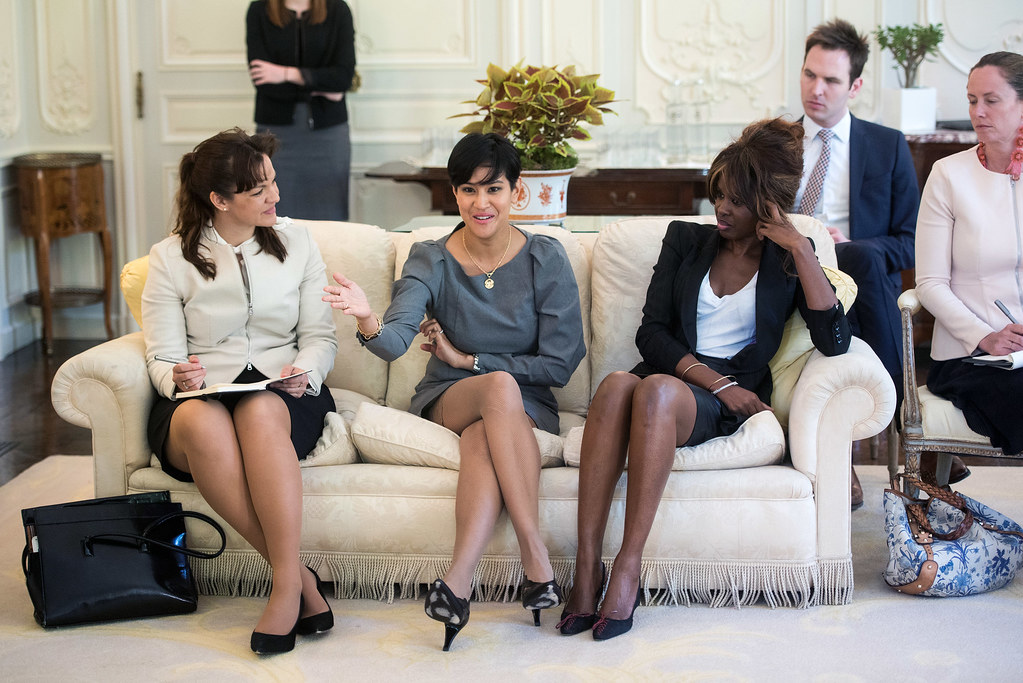
14. **Mental Health Clauses in the Social Media Age: Image Management**In an era dominated by social media, where public expectations for transparency and accountability are higher than ever, mental health clauses in celebrity contracts are becoming increasingly instrumental in managing a public figure’s image. These clauses offer defined protocols that can significantly influence how a celebrity is perceived during personal or professional crises linked to mental health, potentially offering a crucial layer of protection from unwarranted reputational harm.
By having predefined guidelines in place, organizations can respond to incidents with swift, fact-based communication, effectively countering speculation and misinformation that can proliferate rapidly online. Acknowledging mental health proactively through contractual provisions helps to reduce stigma and demonstrates empathy, which aligns with research indicating that candid disclosures of mental health struggles by celebrities can lead to a decrease in public stigma and an increase in acceptance. This approach allows for a more nuanced public understanding, helping to separate personal challenges from perceived professional misconduct.
Public relations teams can leverage mental health clauses as powerful tools for narrative management. Documented procedures enable PR professionals to respond consistently and sensitively to rumors or incidents, fostering trust with audiences and protecting the celebrity’s long-term public image. Key strategies involve preparing pre-approved messaging for rapid and accurate communication, coordinating closely with mental health professionals to provide credible context, and implementing media training to equip celebrities to address sensitive questions appropriately.
However, the pervasive nature of social media also introduces unique risks. Every online post or comment from a celebrity carries the potential to ignite widespread backlash, trigger negative public opinion, or lead to relentless online harassment. This constant pressure to maintain an impeccable public image, coupled with exposure to online criticism and trolling, can severely impact a celebrity’s mental health, leading to stress and anxiety. Therefore, mental health clauses become even more relevant, offering critical contractual protections and support mechanisms in an environment where personal well-being is constantly under siege from the digital sphere.
The complex interplay between fame, personal conduct, and public perception demands an intricate framework of contractual protections. While traditional morality clauses have long served as a safeguard for brands, the emergence of reverse-morality clauses and the increasing importance of mental health clauses signify a more holistic and equitable approach to managing the multifaceted risks associated with celebrity partnerships. The future of celebrity contracts will undoubtedly continue to evolve, seeking a careful balance between safeguarding corporate interests and upholding the well-being and rights of the influential individuals who power the entertainment industry.

